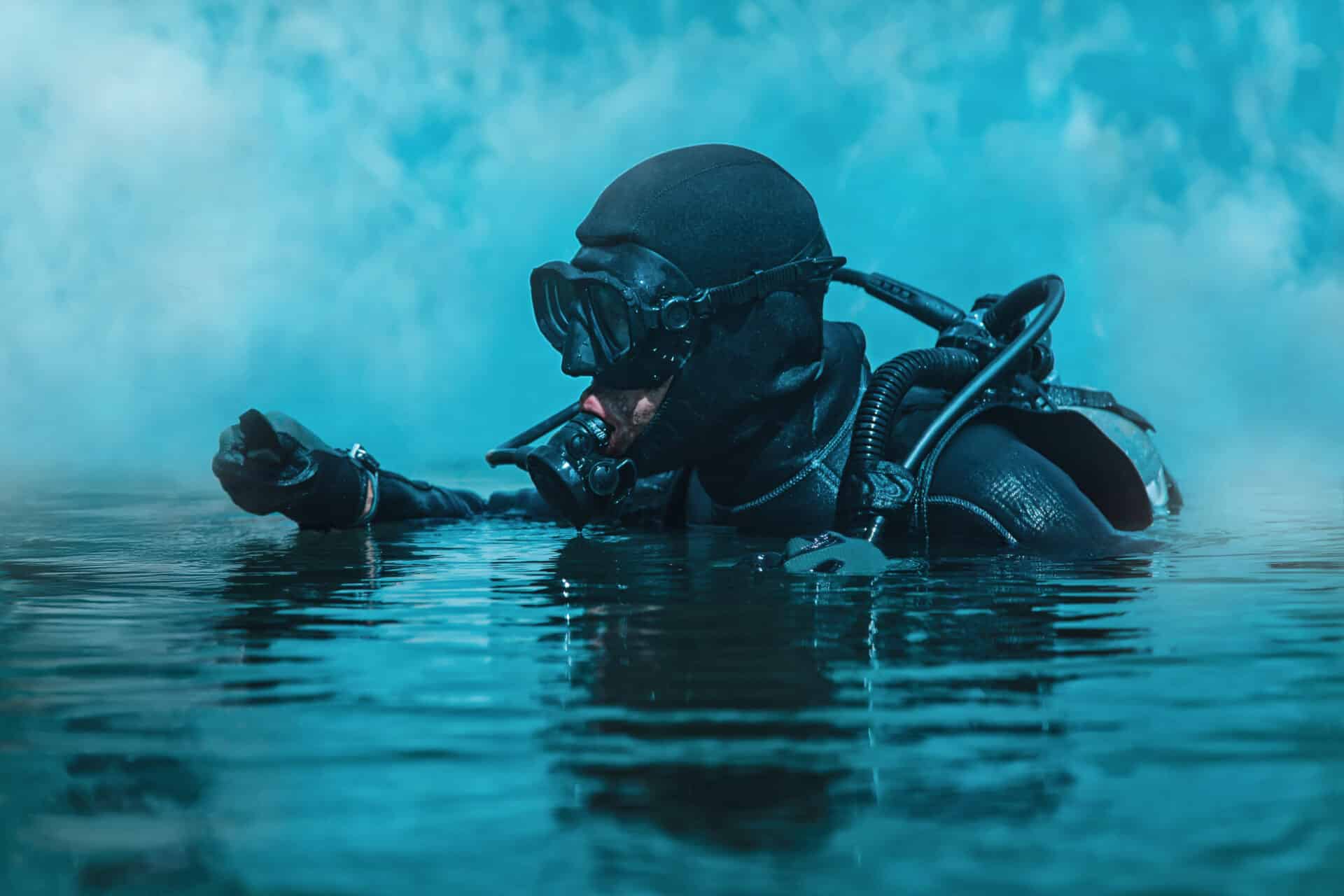Navy divers play a crucial role in various branches of the military, especially in Special Operations. The nature of their duties involves underwater activities that expose them to potential short-term and long-term disabilities. In recognition of these challenges, the Veterans Affairs (VA) has issued directives to guide decision-makers in handling claims related to diving-related disabilities. Leah shares VA Disability information for Navy Divers by sharing key aspects.
Understanding the VA Directive
A directive issued by the VA in 2007, addresses the medical consequences of diving. While it’s essential to note that this information might not be the latest, it still provides valuable insights into the considerations and challenges faced by divers. The directive aims to inform VA decision-makers about the potential disabilities arising from diving duties, facilitating informed adjudication of claims.
Common Diving-Related Disorders
The directive sheds light on various disorders associated with diving, ranging from short-term to potentially long-term consequences. These disorders include decompression sickness, barotraumas, and pulmonary overinflation syndromes. The document emphasizes the diversity of these disorders and acknowledges the limited information available in general medical textbooks, emphasizing the need for specialized knowledge in the evaluation process.
Challenges in VA Training
The vast array of potential medical consequences of diving has not been a central focus of Veterans Benefit Administration (VBA) training, contributing to limited awareness among compensation and pension examiners. As a result, veterans are encouraged to familiarize themselves with the directive to ensure a thorough evaluation of their claims.
Diving Techniques and Long-Term Effects
The directive delves into different diving techniques, focusing on both saturation and non-saturation diving. Saturation diving, involving extended periods at great depths, can lead to various gas exchange and organ-related issues. Bounce diving, commonly associated with multiple descents in a single day, also presents challenges, necessitating repeated decompressions. Understanding these techniques is crucial for veterans and examiners alike in comprehending the potential long-term effects of diving.
Decompression Sickness (DCS) and Its Symptoms
DCS is a significant concern for divers, and the directive provides an overview of its symptoms and potential long-term effects. Symptoms may range from joint pain (the bends) to neurological issues, respiratory symptoms, and arterial gas emboli. Recognizing the predisposing factors and understanding the treatment of DCS is vital for both veterans and medical professionals involved in the evaluation process.
Long-Term and Late Effects
The heart of the matter lies in the potential long-term and late effects of diving. Veterans may experience disparic osteonecrosis, neurologic abnormalities, chronic skin conditions, hearing loss, vertigo, and more. These effects can have a lasting impact on the overall well-being of divers, making it crucial for them to be aware of potential disabilities for which they can seek compensation.
Specific Conditions and Rating Implications
The directive highlights specific conditions like PTSD and delayed arthritis, shedding light on potential rating implications. The importance of identifying the origin of disabilities as diving-related is emphasized, with a specific diagnostic code (5011) designated for residuals.
Conclusion
Navigating the complexities of VA disability claims for Navy divers requires a thorough understanding of the medical consequences of diving. The 2007 directive serves as a valuable resource for veterans and examiners alike, offering insights into the diverse challenges faced by divers and the potential long-term effects on their health. As veterans pursue compensation for their service-related disabilities, awareness of these issues and collaboration with knowledgeable legal professionals like Veterans Service Officers, Accredited Claims Agents, and attorneys become essential components of the process. By staying informed and advocating for their rights, Navy divers can ensure that their sacrifices are duly recognized and compensated by the VA.
Also read: What to Expect in a Scars C&P Exam
At Prestige Veteran Medical Consulting, a veteran-owned company, we specialize in Independent Medical Opinions (IMOs) known as Nexus letters.
Our purpose is to empower YOU, the veteran, to take charge of your medical evidence and provide you with valuable educational tools and research to guide you on your journey.
Understanding the unique challenges veterans face, our commitment lies in delivering exceptional service and support.
Leveraging an extensive network of licensed independent medical professionals, all well-versed in the medical professional aspects of the VA claims process, we review the necessary medical evidence to incorporate in our reports related to your VA Disability Claim.
Prestige Veteran Medical Consulting is not a law firm, accredited claims agent, or affiliated with the Veterans Administration or Veterans Services Organizations. However, we are happy to discuss your case with your accredited VA legal professional.













